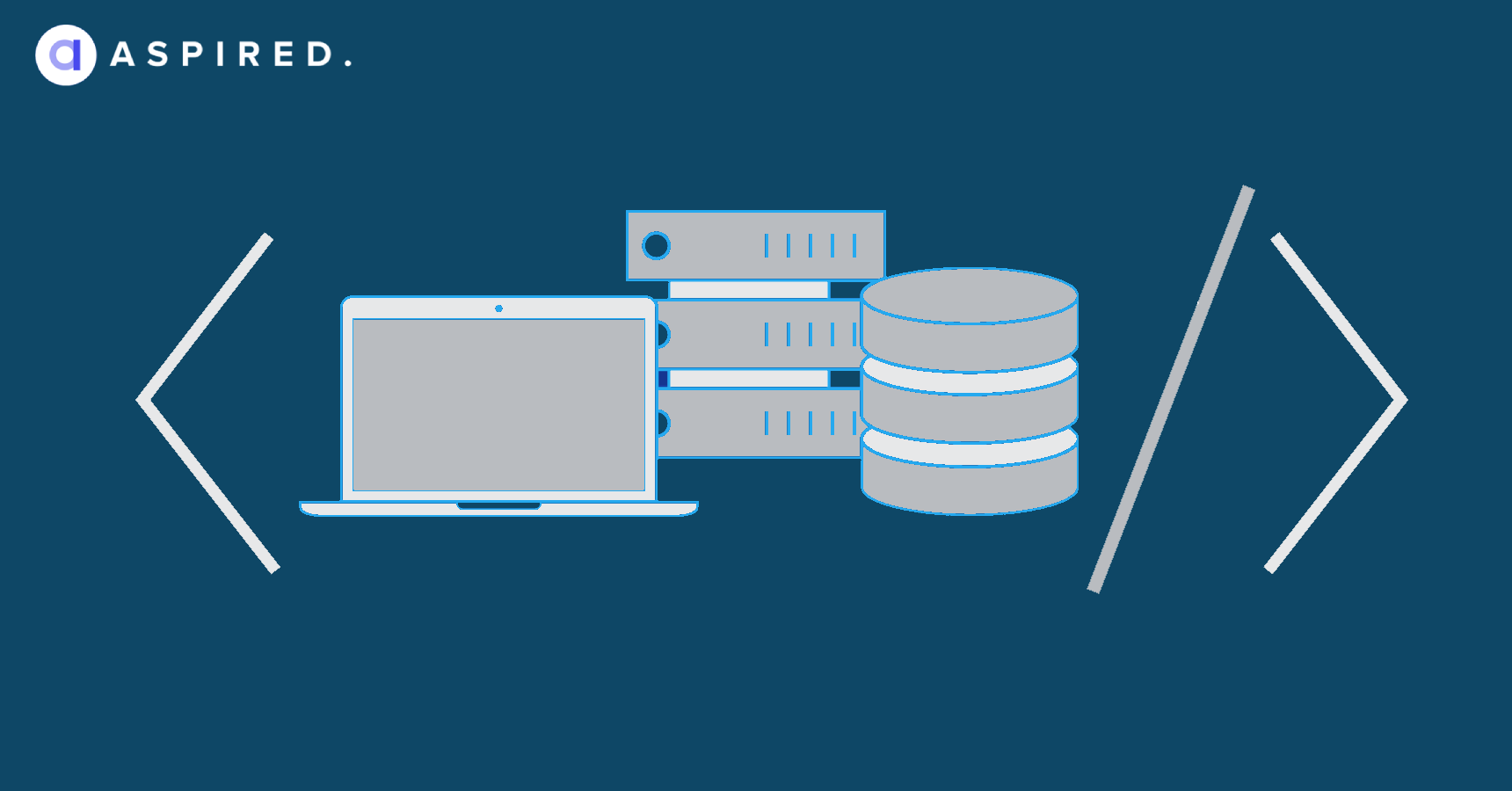Every company in the world today is a software company – they only have to start thinking and operating like one. Essentially every business development strategy today involves a captivating digital presence. Software engineers, thus, are bound to be in the ranks of a successful business.
And if there is one role that caters to all levels of software and web development, it is full-stack developers. If you are reading this blog, you already know what a full-stack developer is and want to hire one for your business. But here is the tough part.
Where do you go if you want to hire rightly skilled, culture-fit, full-stack developers for your business? And how do you ensure your handpicked developers are the perfect fit for your company?
This blog will cover the thicks and thins to hire full-stack developers in 2023. Read on to learn:
- All Essential Skills to Hire Full-Stack Developers
- Top Interview Questions to Ask a Potential Candidate
- Mistakes to Avoid When Hiring a Full-Stack Developer
- A bonus strategy to avoid all the hassle and onboard top-notch talent right away!
Essential Skills for Full-Stack Developers
It won't be wrong to say full-stack developers are the ultimate jack of all trades. When you onboard full-stack personnel, you won't need to hire front-end developers, back-end developers, and QA engineers separately.
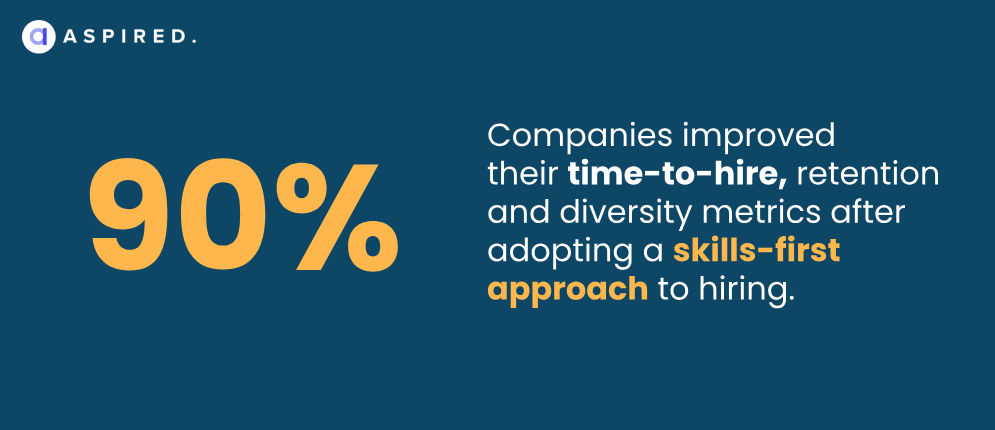
From business development strategy to creating an MVP, a full-stack developer handles everything in-between. So, it is obvious there is a long list of skills for a full-stack developer to judge against.
Here is a look at the most essential technical and soft skills they must have.
Technical Skills
Front-End Skills
Native languages: Whether you want to hire front-end developers or full-stack roles, HTML, CSS, and JavaScript are a must. These foundational languages reinforce web development and provide web solutions with a cohesive framework, structure, and functionality.
Modern Framework and Libraries: Knowledge of third-party libraries and Angular, React, jQuery, LESS, and Vue frameworks is desirable.
Backend Skills:
Programming Languages: The backend empowers full-stack developers to handle server-side operations, make business logic, and deploy applications. Therefore, a full-stack developer should hone in at least a few programming languages like Python, Java, React, Angular, and View.
Modern Frameworks and Libraries: By using frameworks like Django, Ruby on Rails, and Express.js, full-stack developers can speed up the development process and gain access to pre-built features, routing, and database management solutions.
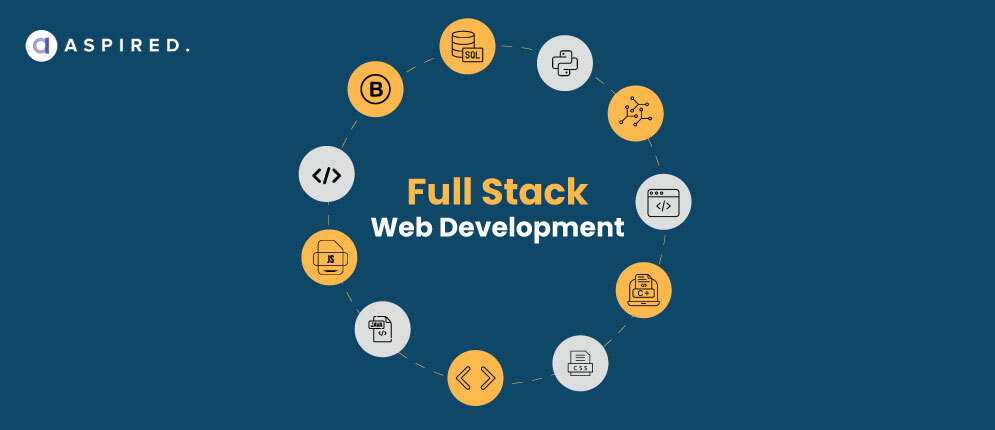
Database Management
Web applications are incomplete without database management systems. An experienced full-stack developer is expected to design, analyze, and manipulate database queries. Their toolkit for database management would include systems like SQLite, Oracle, Microsoft Access, and MySQL. Knowledge of XML and JSON is a plus point.
Web Architecture
Web architecture goes hand in hand with full-stack development. If you hire full stack web developer who knows how to structure the backend data to efficiently build a strong and cohesive product and is well-versed with techniques to separate files and perform specific computational tasks on them, you have got the right guy.
Basic Design Skills
As we've made it clear that onboarding a Full Stack Developer will eliminate the need to hire front-end developers for your business. It is because this role involves understanding fundamental design skills to create an attractive and appealing web presence. Therefore, your potential hire must possess good know-how of basic design principles, UI/UX design, prototyping, scalability, etc.
API Integration
Application Program Interfaces (APIs) improve functionality, provide seamless interactions, and open the way for integration with third-party services. By developing knowledge about creating and using APIs, full-stack developers can improve productivity, code reuse, and scalability to stay relevant to industry trends.
Soft Skills
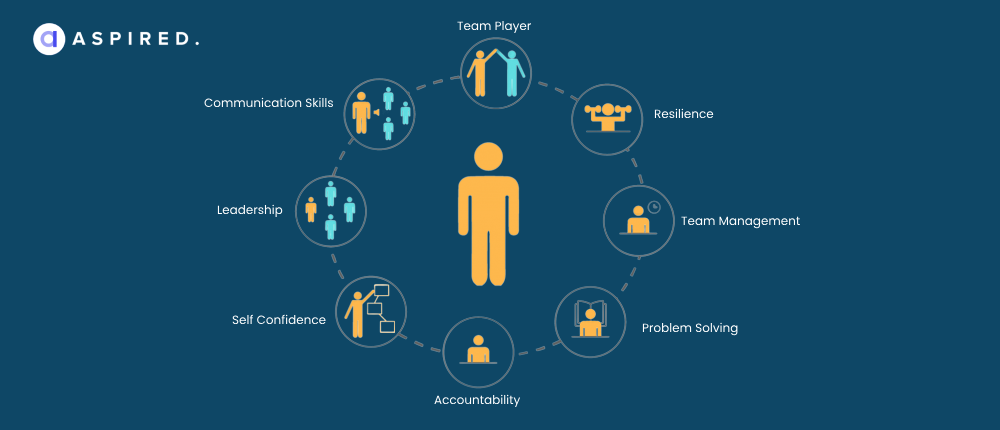
Top Interview Questions to Ask Full-Stack Developers
The right interview questions can be vital to assess the hard skills, soft skills, and behavioral intelligence of a candidate. These interview questions help you assess:
- Candidate's technical knowledge and depth of abilities
- How the candidate reacts to challenging situations
- Assess the candidate's cognitive skills and personal traits.
Question 1: Can you walk us through any application you worked on and technologies you utilized?
Tech Stack selection is a significant consideration for a full-stack developer. This question will gauge their thought process and expertise in the relevant tech stack.
A good answer should mention one of the major technologies (JavaScript, Ruby, CSS). As well as discuss the learning involved in the process while enlisting improvements that could be made.
Question 2: When faced with complex web application issues, what's your strategy for debugging and resolving them?
A full-stack developer with sharp debugging skills will cut the need to hire QA engineers separately. This question will highlight the candidate's problem-solving skills and familiarity with debugging tools.
A good answer should mention using debugging tools like console logs and Chrome DevTools. The right guy would emphasize more on digging into the root cause and fixing it over making things work.
Question 3: How do you tackle the task of optimizing a web application's performance?
Performance optimization is a massive benchmark for seamless user experience. This question gauges the developer's familiarity with and ability to address performance bottlenecks.
A good answer will mention typical performance issues and enlist tried and tested techniques to fix them. For instance, methods like browser caching, code optimization, and minimizing requests are used to fix slow load times.
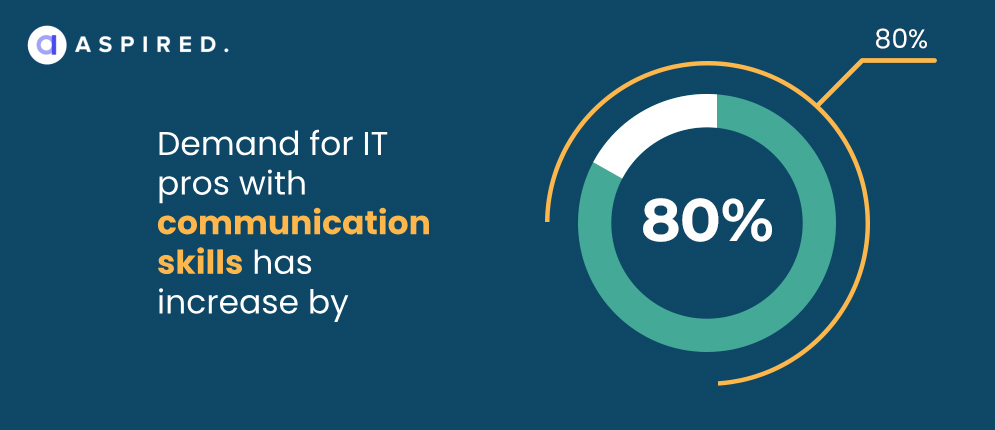
Question 4: Share an instance where your development team faced a conflicting viewpoint. How did your address it?
Like in any other team arrangement, collaboration is vital for development success. This question will weigh the interviewee's communication skills, ability to lead harmony in the team, and, most importantly, his conflict resolution skills.
A good answer will walk around the importance of active listening, avoiding dead ends in arguments, finding win-win situations, respecting different perspectives, and finding common ground.
Question 5: What does effective time and task management mean to you? How do you pace up when working on multiple projects concurrently?
Missed deadlines are the worst nightmares for a development lead. When hiring a full-stack developer who's supposed to lead a team, it's essential to probe his productivity strategies, organization skills, and ability to prioritize work.
A good answer will discuss approaches for proper time allocation and task prioritization in detail. Also, it should mention the tried and tested techniques and tools for managing concurrent projects successfully.
Common Mistakes to Avoid When Hiring Full-Stack Developers
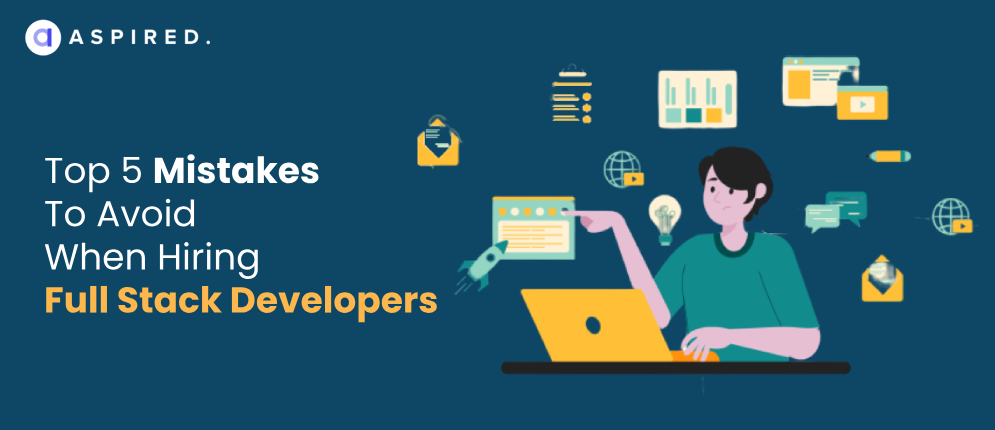
Over-prioritizing Academic Credentials Over Practical Experience
While degrees might suggest foundational knowledge, real-world problem-solving often depends on practical experience. Some of the best developers are self-taught or come from non-traditional backgrounds.
Not Assessing Adaptability to New Technologies
The tech landscape evolves rapidly. Focusing only on a candidate's current skill set without gauging their adaptability can be shortsighted. Data suggests that the most successful developers actively seek out new learning opportunities and adapt quickly.
Ignoring Depth of Specialization for Breadth
While full-stack developers are expected to have a broad range of skills, it's essential to ensure they have depth in crucial areas specific to the project. Not all projects require an evenly spread skill set.
Failing to Evaluate Communication Proficiency
Effective communication is even more vital in a remote setting. Not testing a candidate's ability to communicate their thoughts, decisions, and challenges can lead to collaboration issues, especially when working across time zones.
Overlooking Cultural and Time Zone Differences
Especially for global teams, it's essential to recognize that cultural differences can affect collaboration. Furthermore, not addressing or planning for time zone differences can hinder synchronicity in team operations.
Hire Full-Stack Developers Within 48 Hours
There is one way you can skip going through piles of resumes, endless interviews, and being wary of ending up with sub-par full-stack talent.
Aspired is the bonus tip you were waiting for. As an emerging remote staffing agency, Aspired has made it hassle-free for businesses to hire backend developers, front-end developers, and of course, full-stack developers.
Their vigorous talent curation process, paired with robust quality assurance systems and tons of amazing freebies, ensure your only worry is deciding when to schedule your next project launch.
Get access to top-quality, industry-proven, and pre-vetted talent within minutes. Hire Full-stack developers with Aspired today and avail a FREE TRIAL for up to 60 days!

 Clients
Clients
 Processes
Processes
 Blog
Blog


